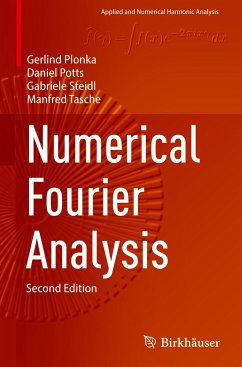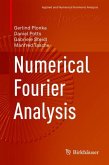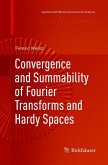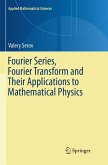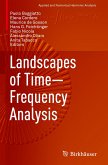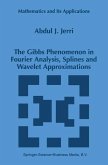New technological innovations and advances in research in areas such as spectroscopy, computer tomography, signal processing, and data analysis require a deep understanding of function approximation using Fourier methods. To address this growing need, this monograph combines mathematical theory and numerical algorithms to offer a unified and self-contained presentation of Fourier analysis.
The first four chapters of the text serve as an introduction to classical Fourier analysis in the univariate and multivariate cases, including the discrete Fourier transforms, providing the necessary background for all further chapters. Next, chapters explore the construction and analysis of corresponding fast algorithms in the one- and multidimensional cases. The well-known fast Fourier transforms (FFTs) are discussed, as well as recent results on the construction of the nonequispaced FFTs, high-dimensional FFTs on special lattices, and sparse FFTs. An additional chapter is devoted to discrete trigonometric transforms and Chebyshev expansions. The final two chapters consider various applications of numerical Fourier methods for improved function approximation, including Prony methods for the recovery of structured functions.
This new edition has been revised and updated throughout, featuring new material on a new Fourier approach to the ANOVA decomposition of high-dimensional trigonometric polynomials; new research results on the approximation errors of the nonequispaced fast Fourier transform based on special window functions; and the recently developed ESPIRA algorithm for recovery of exponential sums, among others.
Numerical Fourier Analysis will be of interest to graduate students and researchers in applied mathematics, physics, computer science, engineering, and other areas where Fourier methods play an important role in applications.
The first four chapters of the text serve as an introduction to classical Fourier analysis in the univariate and multivariate cases, including the discrete Fourier transforms, providing the necessary background for all further chapters. Next, chapters explore the construction and analysis of corresponding fast algorithms in the one- and multidimensional cases. The well-known fast Fourier transforms (FFTs) are discussed, as well as recent results on the construction of the nonequispaced FFTs, high-dimensional FFTs on special lattices, and sparse FFTs. An additional chapter is devoted to discrete trigonometric transforms and Chebyshev expansions. The final two chapters consider various applications of numerical Fourier methods for improved function approximation, including Prony methods for the recovery of structured functions.
This new edition has been revised and updated throughout, featuring new material on a new Fourier approach to the ANOVA decomposition of high-dimensional trigonometric polynomials; new research results on the approximation errors of the nonequispaced fast Fourier transform based on special window functions; and the recently developed ESPIRA algorithm for recovery of exponential sums, among others.
Numerical Fourier Analysis will be of interest to graduate students and researchers in applied mathematics, physics, computer science, engineering, and other areas where Fourier methods play an important role in applications.

